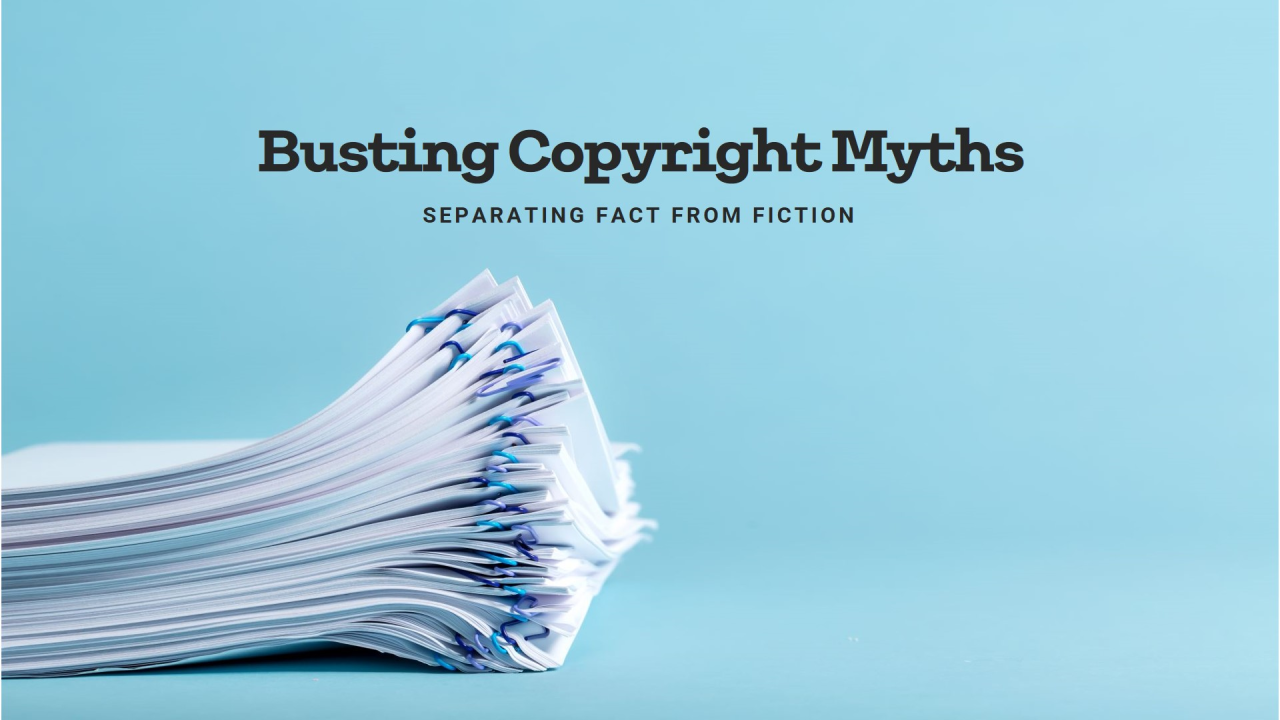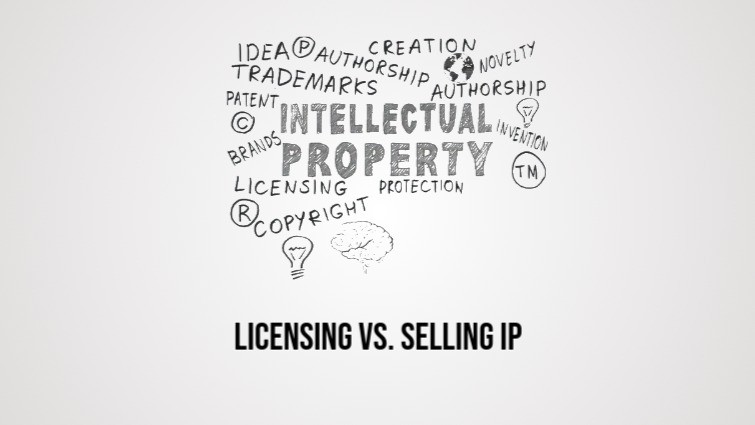
What is IP Monetization?
In simple terms, IP monetization is the process of making money from your intellectual property. Your IP can include patents, copyrights, trademarks, or even unique know-how and trade secrets. Rather than just protecting these assets, monetization focuses on finding ways to leverage them to bring in revenue.
For many startups, the first thought around IP is usually about protection—making sure competitors don’t steal their ideas. But there’s a second step: seeing IP as a valuable business tool to drive growth.
Why Should Startups Consider IP Monetization?
Monetizing IP can offer several benefits for startups, including:
- New Revenue Streams Licensing or selling IP can bring in money without requiring significant upfront investment. This additional income can be used to grow the business, fund R&D, or even enter new markets.
- Higher Valuation Investors often look at a startup’s IP portfolio as an indicator of long-term potential. Strong IP assets can boost your company’s valuation, making it more attractive to potential investors.
- Competitive Advantage By licensing out IP or partnering with established players, startups can position themselves as industry leaders and gain early market traction.
- Reduced Risk Monetizing IP can help startups diversify their income. Rather than relying solely on product sales, they can earn revenue from multiple channels, providing stability and reducing risk.
Ways Startups Can Monetize Their IP
Startups have several options for monetizing their IP. Here are some of the most popular methods:
- Licensing Licensing allows you to keep ownership of your IP while granting others permission to use it. In return, you receive licensing fees or royalties. For example, if your startup has developed a unique technology, you can license it to companies that might benefit from it but don’t want to develop it themselves.
- Partnerships Partnering with larger companies can provide a platform to reach more customers and markets. For instance, a tech startup might partner with a large hardware company to integrate its software, allowing both companies to benefit financially.
- Selling IP If a startup is looking for immediate capital, selling IP assets is an option. While this means giving up ownership, it can offer substantial funds to reinvest in the company. This option works well if you have non-core patents or assets that could be valuable to another company.
- IP-Based Products and Services Another option is to directly develop products or services based on your IP. For example, if you have patented software, you might consider offering it as a subscription service to other companies, creating a recurring income stream.
Steps to Start IP Monetization
- Evaluate Your IP Portfolio Start by identifying which of your IP assets are suitable for monetization. This might include patents, software, unique processes, or even trade secrets. Consider which ones can generate revenue without compromising your core business.
- Conduct Market Research Understand the potential value of your IP in the market. Research which industries or companies might benefit from your technology or expertise. Knowing your market allows you to identify potential licensees or partners.
- Choose a Monetization Strategy Based on your goals, decide if licensing, partnerships, or selling is the best option. A strategy that fits your business model and market demand will maximize revenue while supporting long-term growth.
- Negotiate and Protect Once you find interested partners, ensure you have strong contracts in place. These agreements should clearly outline the scope of use, payment terms, and ownership details to avoid misunderstandings.
- Keep Your IP Updated and Secure As your business evolves, continue to protect and update your IP portfolio. Monitor competitors, and make sure your IP rights are enforced to protect your revenue streams.
Common Challenges and How to Overcome Them
While IP monetization can be rewarding, there are challenges:
- Finding the Right Partners Not all companies are suitable for partnerships or licensing. Take time to research and vet potential partners thoroughly to ensure alignment with your business values and goals.
- Balancing Protection and Monetization When sharing IP, there’s always a risk of misuse. Ensure legal protections are in place, and consider working with IP experts to secure contracts.
- Navigating Global Markets IP laws vary worldwide, and managing IP across different regions can be complex. If you plan to license internationally, work with an IP specialist to ensure compliance and protection.
Final Thoughts
IP monetization can transform a startup’s financial landscape, offering new income streams and growth opportunities. While it may require planning and strategic thinking, the potential rewards can be well worth the effort. For startups, the key is to view IP not just as a protective measure but as a core business asset. By leveraging these assets effectively, startups can increase their market influence and secure a stronger financial foundation.


